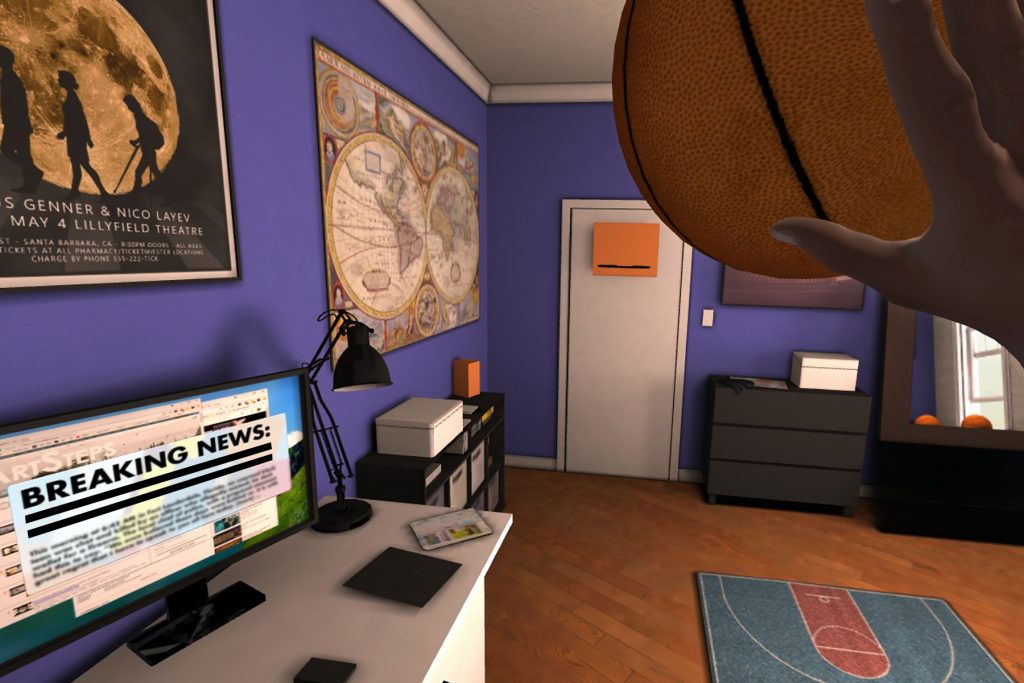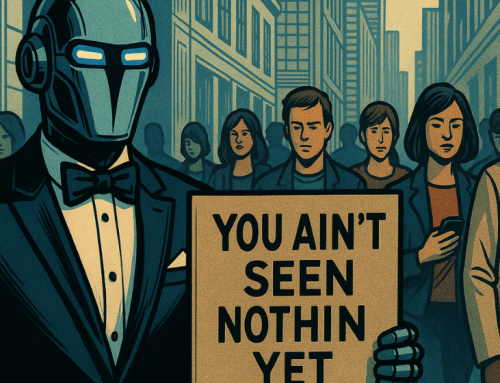
Stanford Project Premieres at Tribeca Film Festival
In a new project that premiered this year at the Tribeca Film Festival‘s Virtual Arcade, virtual reality (VR) users were afforded the opportunity to delve directly into the struggles of being black in today’s America, experiencing firsthand in a simulated world a small taste of America’s racially charged atmosphere.
Designed by the Stanford University’s Virtual Human Interaction Lab, “1,000 Cut Journey” aims to help convey how racist attitudes can negatively affect and even endanger those it affects by allowing people “[to] become Michael Sterling, a Black male, and encounter racism as a young child, an adolescent, and a young adult.”
Above: Coverage of 1,000 Cut Journey by ABC News.
In becoming the fictional Michael Sterling, users will experience the proverbial 1,000 cuts of subtle and overt acts of racism that challenge African-Americans and other minorities. “1,000 Cut Journey” creator Courtney Cogburn says that the VR journey highlights not only the overt “in-your-face experiences” black people face, but also “the subtle nuances that not everyone picks up,” damaging racial attitudes that “have a negative impact on one’s well being and health.”
Project Manager Elise Ogle added that, because the experience allows users to see and interact with a virtual “body” of a black man that mirrors their own movements, the experience is incredibly immersive and can even impart the feeling of “body transfer,” which Ogle describes as “the psychological feeling that you’ve become someone else.” By giving people the chance to experience this “body transfer,” Cogburn hopes that VR experiences such as “1,000 Cut Journey” will be an “important tool” in furthering empathy and eradicating racism.
“1,000 Cut Journey” was facilitated by Jeremy Bailenson, director of the Virtual Human Interaction lab and author of the recent book “Experience on Demand,” which focuses on how VR might change the future of society including as a means of fostering empathy between different groups of people and improving tomorrow’s VR-saturated society.







Leave A Comment